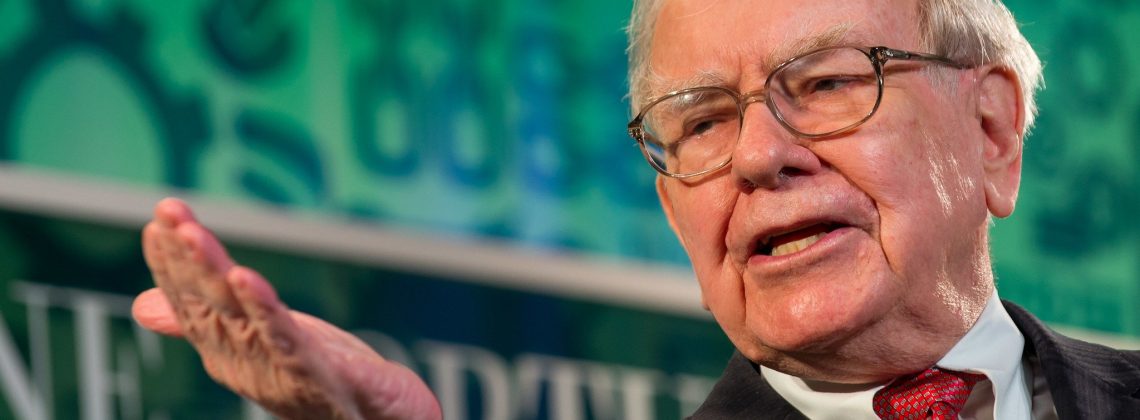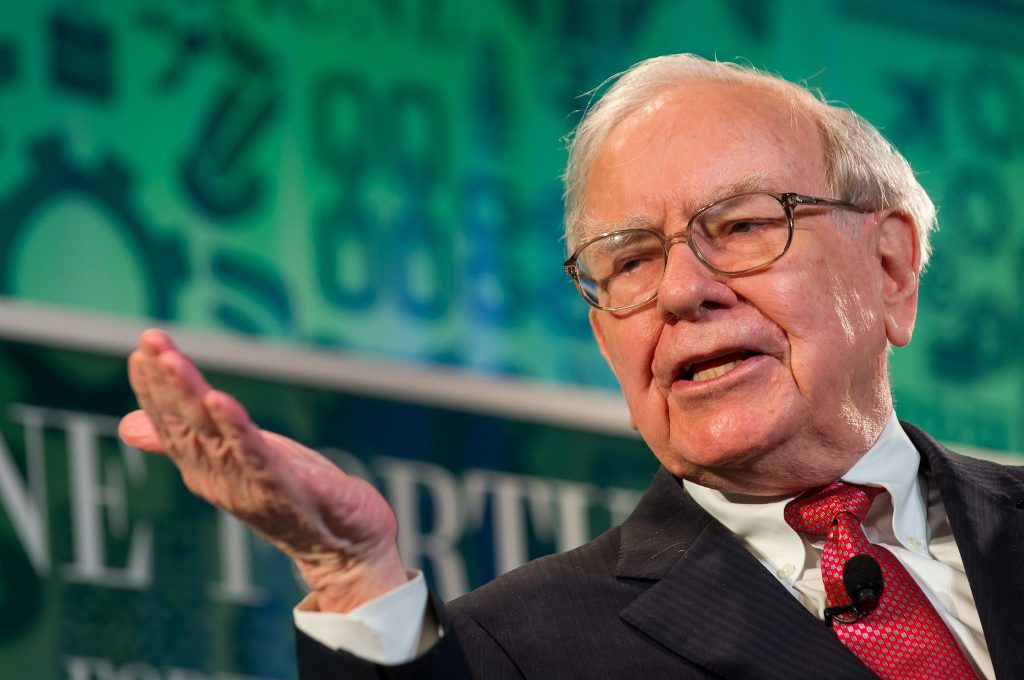

If the modern world rests on a foundation of cooperation, the rules governing wealth should, too
Forbes recently published its annual list of the world’s billionaires. Despite a global pandemic that brought the world’s economies to a standstill, membership in the global billionaire’s club grew at a spectacular rate. A record 660 people were added to this year’s list, taking the total number of billionaires on the planet to a new high of 2,755.
A parenthetical aside: It is very difficult for the human mind to get any meaningful comprehension of just how much a billion really is. If you counted at the rate of one number every second, you could count to one million in eleven and a half days. If you tried to count to one billion, it would take you almost thirty-two years! A billion isn’t just a lot; it is an unfathomably large number.
There is nothing small or subtle about the Forbes list. The number of billionaires has been accelerating since Forbes created it in 1987. In the first sixteen years of its existence, it averaged twenty-one new members per year. Since 2003, this number has jumped to 127! The richest person on this year’s list, Amazon founder Jeff Bezos, is worth an estimated $177 billion (despite his divorce from MacKenzie Scott, who herself comes in at #22 on the list, worth $53 billion). In contrast, the wealthiest person on Forbes initial 1987 list, the Japanese real estate tycoon, Yoshiaki Tsutsumi, was worth a comparatively modest $20 billion (or $46.6 billion in today’s dollars—good enough for only 27th place on this year’s list). The third wealthiest person in 1987, Shigeru Kobayashi, wouldn’t make this year’s top 100, even adjusting for inflation.
One obvious question to ask is, Why? Why are there so many more billionaires, who themselves have so many more billions than there used to be? This question is not only obvious but useful. One doesn’t have to think about it very long before coming to see the inadequacies of conceptions of wealth that focus exclusively on individual ingenuity and effort. I’m sure Jeff Bezos works really hard. But he doesn’t work four times harder than Yoshiaki Tsutsumi did in 1987—or any harder than the average person working in an Amazon warehouse does right now, for that matter.
The reason it’s possible for Bezos to be worth $177 billion has to do with titanic structural changes in the global economy over the last thirty years. The switch from an analog economy built around stuff to a digital economy built around bytes has opened up wholly new ways to make and spend money. The fact that knowledge drives the economy now means that it is simpler for anyone to develop and capitalize on a valuable idea since it is easier to build a new digital technology than, say, a transcontinental railroad. Globalized economic activity means that there are now many more people to whom an entrepreneur can sell goods or services. China and India have taken advantage of these changes, creating vast sums of wealth. A growing number of the billionaires on this list come from Asia.
It goes without saying that these structural changes are social and cooperative in nature. Individual persons might work hard—but they do so within the context of social and political institutions that are created and sustained by all of us. Governments make investments in basic science or technology that couldn’t be undertaken by private actors. The internet exists because the U.S. Department of Defense created a communication network that couldn’t be easily disabled (and because Al Gore helped to author a law to open it up to the public). The GPS systems that are now ubiquitous were also created by the Department of Defense, whose missile guidance satellites were eventually made available for public use. The financial system that facilitates the transfer of capital to fund private entrepreneurial ventures is backed by laws and economic structures. Global trade is possible because of economic treaties negotiated between political representatives.
The goods and services that are driving all of this wealth—iPhones, electric cars, software and internet services—are consumed by all of us non-billionaires. These goods are transported on publicly funded roads or are rooted in discoveries that happened at federally funded universities. Publicly funded educational institutions train students who go on to work for the companies that bring ideas to the market. The very money that all of us use only has value because we all agree that it does. One could go on and on describing a global set of social, economic, and political institutions of endless complexity. It is a vast cooperative system without which there would be no billionaires and no modern world.
The late political philosopher John Rawls, probably the most influential political theorist of the twentieth century, argues for a far-reaching, progressive standard of distributive justice built around an infamously abstract and complex thought experiment. A slightly less well-known aspect of his theory is a simpler, more fundamental idea. For Rawls, principles of justice are applicable for a society only when it is possesses a basic structure, a set of social, political, and economic institutions that shape life for everyone living in that society. The basic structure matters because “its effects are profound and present from the start.” Our institutions have a deep, inescapable influence on everyone living under them. They radically influence peoples’ life outcomes, and there is virtually nothing a person can do to escape them.
Agrarian, pre-industrial societies had no such basic structures, but Rawls’s insight was that modern societies are defined by these complex cooperative systems. We all do better because we work together and cooperate. But social cooperation also entails certain burdens. Principles of justice arise for such societies to ensure that the benefits and burdens of social cooperation are distributed in a fair way. Because no one can escape the influence of these structures, it is fair to ask of all of us that the benefits and burdens of social cooperation be distributed in such a way that no one is unduly burdened or benefited. Justice is in this way all about fairness.
Which brings us finally to the most obvious question of all: Should we have billionaires? Is it fair that we live in a country in which the wealthiest person is worth $177 billion, even as seven to eleven million children are malnourished, and thirty-four million people live under the poverty line, wrestling with the crushing desperation and trauma of trying to provide for their families?
One billion is something of an arbitrary number, but that level of inequality doesn’t seem like a fair distribution of the benefits and burdens of social cooperation. This isn’t to blame Jeff Bezos or anyone else for their wealth, or to punish them for their success, as people sometimes say. Entrepreneurs have a special role to play in helping to create the wealth, goods, and services that are a part of the modern world. They are really important. But a set of rules that allows such unthinkably vast disparities is probably not a set of rules that is distributing the benefits and burdens of social cooperation fairly.
It is important that we provide incentives to reward people for developing their talents, creating wealth, and helping to build our world. I’m pretty sure, though, that entrepreneurs like Bezos will have plenty of incentive to do precisely what they have been doing even if they are making considerably less than they are under our current social arrangements.
Edward Song is an Associate Professor of Philosophy at Westmont College in Santa Barbara, CA.
Edward Song is an Associate Professor of Philosophy at Westmont College in Santa Barbara, CA.